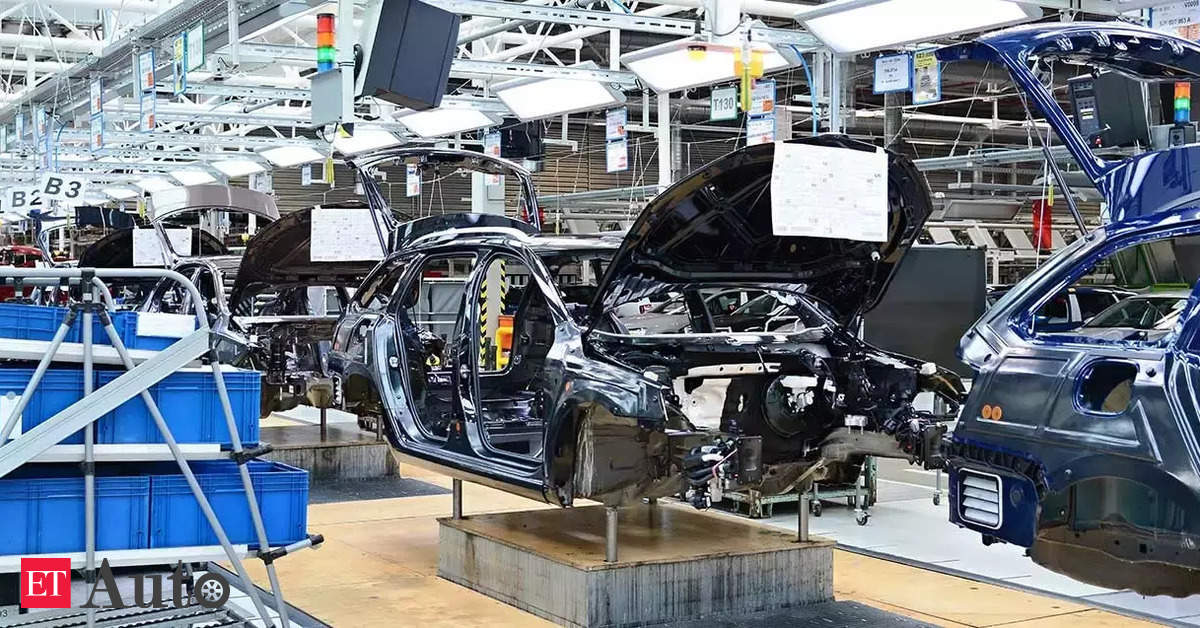One of the critical aspects of the auto component industry is the mold for auto parts. Molds play a crucial role in the mass production of auto components, and any disruption in the supply chain can spell significant trouble for manufacturers. The Russia-Ukraine standoff has led to a shortage of essential raw materials and components that go into the making of molds for auto parts. This has resulted in a sharp increase in the cost of molds, which in turn has impacted the overall cost of auto component production.

The Indian auto component industry has long been dependent on imports of raw materials and components from foreign countries, including Russia and Ukraine. The ongoing crisis has highlighted the need for the industry to diversify its supply chains and reduce its dependence on imports. Indian manufacturers are now looking at other sourcing options from countries such as Taiwan, Japan, and Korea. The industry is also exploring the use of indigenous raw materials and components, where possible, to reduce its dependence on foreign imports.
The Russia-Ukraine standoff has also highlighted the need for the Indian auto component industry to focus on innovation and technology development. Manufacturers are now investing in research and development to develop alternative materials and components that can substitute the existing imports. These efforts are not only aimed at de-risking the supply chain but also at reducing costs and increasing production efficiency.
Furthermore, the crisis has also led to a significant shift towards localisation of manufacturing. Companies are now setting up manufacturing facilities closer to the automobile OEMs, thereby reducing transportation costs and lead times. The localisation of production also helps in enhancing the quality of products and improving coordination between OEMs and their suppliers.
In conclusion, the Russia-Ukraine standoff may well be the turning point for the Indian auto component industry. The crisis has highlighted the need for the industry to diversify its supply chains, reduce its dependence on imports, focus on innovation and technology development, and localise production. The industry is now taking proactive steps to mitigate the impact of the crisis and emerge stronger and more resilient than before. At the same time, the crisis provides an opportunity for Indian auto component manufacturers to become self-sufficient, innovate, and emerge as key players in the global automotive supply chain.
Keywords: Mold for Auto Parts, Russia-Ukraine Standoff, Auto Component Industry, India, Localisation, Innovation, De-risking, Raw Materials, Supply Chain, Research and Development.